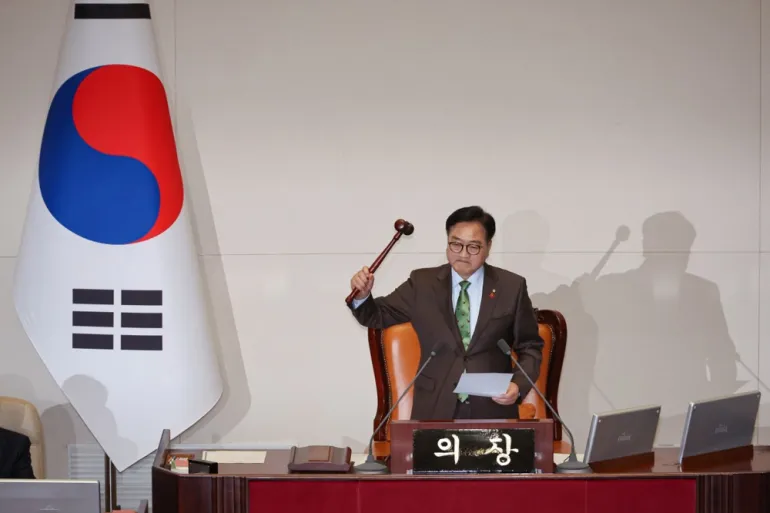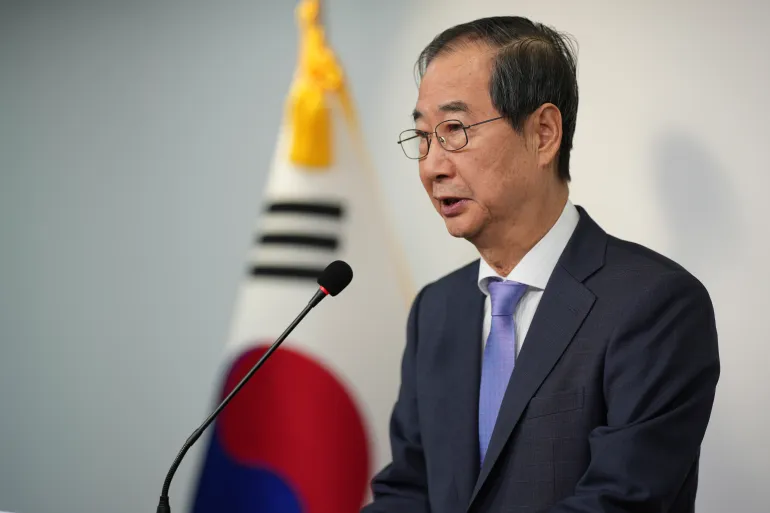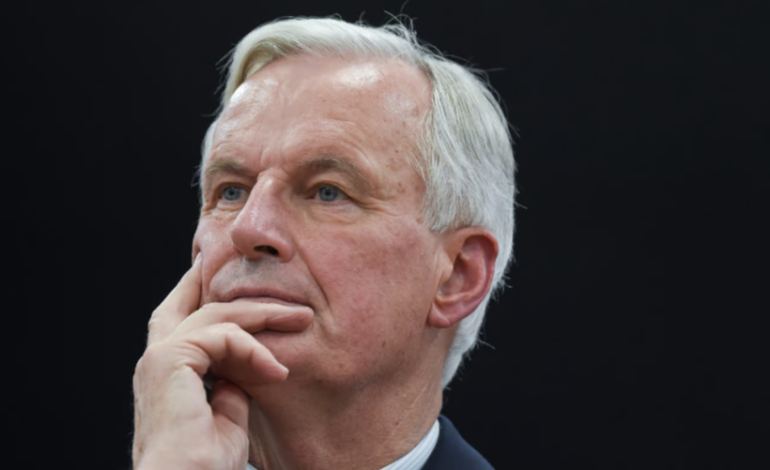Michel Barnier, recently appointed as France’s Prime Minister, has accumulated over 50 years of political experience.
Yet, even in his native country, Barnier is best recognized for his role as the European Union’s chief negotiator during the Brexit process. Tasked with representing the EU in discussions with the UK government, Barnier earned widespread respect for his meticulous approach and consensus-building skills.
Born in 1951 in the mountainous Savoie region of southeast France, Barnier’s early political influences were rooted in conservative patriotism, in the tradition of Charles de Gaulle. His political journey began at a young age, joining the Union for the Defence of the Republic (UDR), the predecessor of today’s Republicans (LR) party, to which he remains loyal.
At 27, Barnier made history by becoming the youngest MP in France. His career progressed steadily, including a significant milestone in 1992, when he played a pivotal role in bringing the Winter Olympics to his native region—a project that shaped his understanding of large-scale political initiatives. Over the following years, he held numerous ministerial positions in French governments before transitioning to European politics.
In 2010, Barnier became the EU’s Internal Market Commissioner, one of the most prestigious roles in the European Commission. His European prominence grew, culminating in his appointment in 2016 as the EU’s chief Brexit negotiator—a challenging role during one of Europe’s most tumultuous periods. Despite skepticism from some in France, Barnier became known across Europe as a calm, disciplined negotiator who maintained a unified stance among the 27 EU member states.
Following his Brexit success, Barnier set his sights on the French presidency, running as the Republicans’ candidate in 2021. However, his bid was unsuccessful, and he spent the next few years relatively out of the public eye, as France’s political landscape grew more divided. Nevertheless, in 2024, after a snap election left France in political deadlock, Barnier emerged as the prime minister, selected by President Emmanuel Macron.
Barnier’s appointment reflects his ability to bridge divides within France’s fragmented political system, although his Republican roots mean that his relationship with left-leaning parties remains tense. However, his experience and diplomatic skills are seen as assets that may help him navigate the complexities of governing a politically polarized France. As he takes on this new role, Barnier brings with him decades of political experience, resilience, and a reputation as a consensus-driven leader.
With input from BBC, the Guardian, and Politico.









